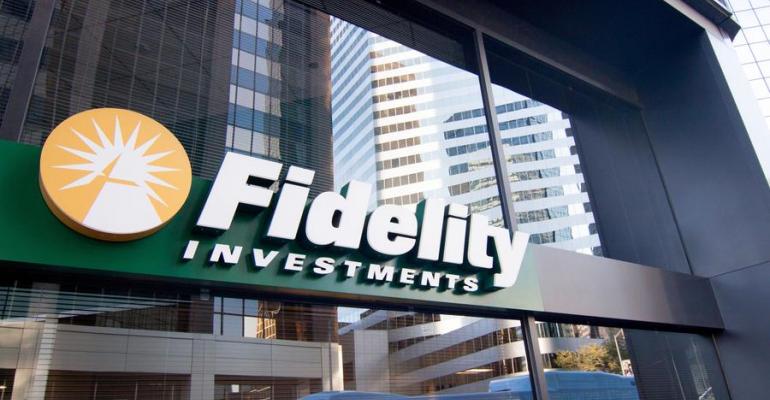By Sam Forgione
NEW YORK, Dec 1 (Reuters) - The majority of institutional investors worldwide are seeking to increase their investments in riskier alternatives that are not publicly traded such as hedge funds, real estate and private equity over the next one to two years to combat potential low returns and choppiness in public markets, a Fidelity survey showed on Thursday.
The Fidelity Global Institutional Investor Survey showed that 72 percent of institutional investors worldwide, from public pension funds to insurance companies and endowments, said they would increase their exposure to these so-called illiquid alternatives in 2017 and 2018.
The survey, which included 933 institutions in 25 countries overseeing a total of $21 trillion in assets, found that the institutions were most concerned with a low-return investing environment over the next one to two years, with 28 percent of respondents citing it as such. Market volatility was the second-biggest worry, with 27 percent of respondents citing it as their top concern.
Private sector pensions were most concerned about a low-return environment, with 38 percent of them identifying it as their top worry, while sovereign wealth funds were most nervous about volatility, with 46 percent identifying it as their top concern.
"With the concern about the low-return environment as well as market volatility, as a result we're seeing more of an interest in alternatives, where there's a perception of higher return opportunities," said Derek Young, vice chairman of Fidelity Institutional Asset Management and president of Fidelity Global Asset Allocation.
Investors seek alternatives, which may invest in assets such as timber or real estate or use tactics such as betting against securities, for "uncorrelated" returns that do not move in tandem with traditional stock and bond markets.
Young noted, however, that illiquid alternatives can also be volatile without it being obvious, since they lack daily pricing and as a result may give the perception of being less volatile.
"We would hope and would expect that institutional investors would appreciate the volatility that still exists within the underlying investments," he said in reference to illiquid alternatives.
The survey, which was conducted over the summer, found that despite their concerns, 96 percent of the institutions believed they could achieve an 8 percent investment return on average in coming years.
U.S. public pension plans, on average, had about 12.1 percent of their assets in real estate, private equity and hedge funds combined as of Sept. 30, according to Wilshire Trust Universe Comparison Service data. (Reporting by Sam Forgione; Editing by Phil Berlowitz)


